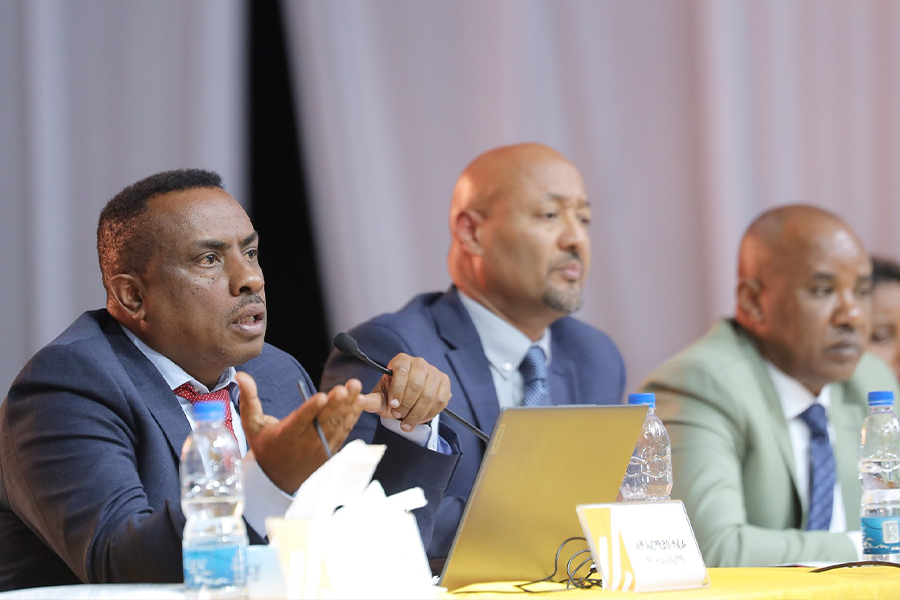
Sep 28 , 2019.
The right to freedom of expression, despite its variety in platfoms, is essentially the right to offend. On the receiving end could be those who hold state power or groups with entrenched influence over segments of society. As long as the views intended for expression are made in a non-violent manner, they should be tolerated, if not encouraged.
In the last few weeks alone, there have been several demonstrations around the country with diverse themes. The content of their messages could be to the disliking of those on the opposite side. That should be the least surprising.
The news is not just that there were demonstrations. They were calm. Despite the sensitivity of the issues raised and the fact that there are opposing views on the matters, they were able to protest without violence as its consequence. Crowds had had public rallies mixed with violence and responses from law enforcement were brutal. It was not uncommon to see disproportionate baton swinging and even trigger-happy policing deployed against demonstrators.
This time around, those demonstrating and members of the law enforcement community should be lauded. If the current trend holds, it may be a sign of a budding democratic culture that should be carefully tended and encouraged to take hold.
The right of assembly and expression of opinions peacefully is one of the fundamental human rights that are enshrined in the constitution. Every government vows to respect it. But few actually do. It is not only the government that fails in that compact though. Citizens too fail to recognise their side of the bargain, which is the peaceful expression of views, however pent-up the anger gets.
This is especially important in light of the coming national elections. Campaigns will significantly raise the number of public gatherings. There will inevitably be demonstrations and counter-demonstrations.
Public gatherings may turn out to be occasions of violent confrontations is one of the fears of those who feel the country may not yet be ready for electoral contestations. It is not an unfounded fear as such incidents have been plenty in the past. The events of the last few weeks could go some way to help change such narrative and address legitimate concerns.
Of course, there is no guarantee of future conduct, but it certainly is a good start that should be emulated.
Election campaigning should be starting in earnest soon. It is strange and concerning that political parties are not seen more actively campaigning at this point. Some opposition parties remain displeased with the amended electoral law and are hesitating to participate in this decisive democratic exercise. It is not good news at all.
Going from electoral hegemony (or electoral authoritarianism) to a relatively competitive pluralist electoral system will no doubt be uneasy. Plenty of push and pull, back and forth bargaining and horse-trading are to be expected. Political parties trying to negotiate the best deal they can get for themselves is not surprising.
However, they must keep in mind that this time around it is not in just another election cycle they are participating. The historical context today makes the elections a unique one. There is an element of state making in it.
The violent demonstrations and disturbances that had become daily occurrences for a few years dropped off significantly about 18 months ago with the change of leadership and promises of change by the EPRDF's new leadership. It was a sort of unspoken compact to usher in a transition to a more democratic dispensation.
The ruling coalition has made some significant, tangible and painful concessions.
Its leaders have freed political opponents from jail. They have allowed exiled political parties to come back home. They have unbanned some opposition political parties that were designated as terrorist organisations in the past. All these parties, politicians and activists were invited to the table and are free to participate in the coming elections.
The National Electoral Board has been reformed. It is now chaired by Birtukan Mideksa, once a stalwart of the opposition camp and a former prisoner. Of course, the electoral law itself has been changed to allow for a more competitive electoral environment. Though it may not be perfect, and it is possible to argue it has not gone far enough.
There have been tangible changes both in the judiciary and the Human Rights Council.
There is no question that the ruling coalition has come a long way from its past entrenched authoritarian positions. It ought to be met at least halfway in this hoped-for transition to a genuinely democratic system.
Indeed, it is not out of place to ask what compromises the opposition parties have made.
It is hard to find any observable change of behaviour on the part of opposition parties. There is very little activity that shows them building or expanding their constituencies. Very little grassroots political movements are to be observed. There have only been few policy dialogues or alternative political platforms presented to the public. They seem to have their attention entirely focused on getting concessions from the powers that be and neglected the most significant source of power - the voting public.
Though there is nothing wrong in trying to get the best deal in negotiations, there are times in a nation’s history when politicians have to think in longer terms than one election cycle. This is such a time for Ethiopia.
Opposition leaders have to be more than politicians; they have to evolve to be statesmen and women, too. They have to be willing to make painful concessions now in the interest of laying down the foundations for competitive democratic elections in the future.
Leaders of political entities in the country must build a consensus on the rules of the game. The much hoped-for agreement that over a hundred parties signed to act as a playbook spelling out the rules of the game seems not to have been applied as much as it was hyped. This is unfortunate. All parties should reconsider, for there will never be a perfect agreement.
Neither is this time to start from scratch. If that document is respected and applied to the letter by all parties, it can serve to be the road map for the coming elections.
In light of the importance of the national elections next year, there must be tolerance for diverse views expressed peacefully.
The contrast in the last few weeks may demonstrate that the public may be ahead of the politicians when it comes to developing a democratic culture. While recent signs are encouraging in this respect, the fact that political parties have not yet agreed on the rules of the game and start campaigning should be a concern.
Political parties and their leaders need to get their act together. Time is running out.
PUBLISHED ON
Sep 28,2019 [ VOL
20 , NO
1013]

Featured | Nov 12,2022

Fortune News | Dec 23,2023

Radar | Dec 14,2019
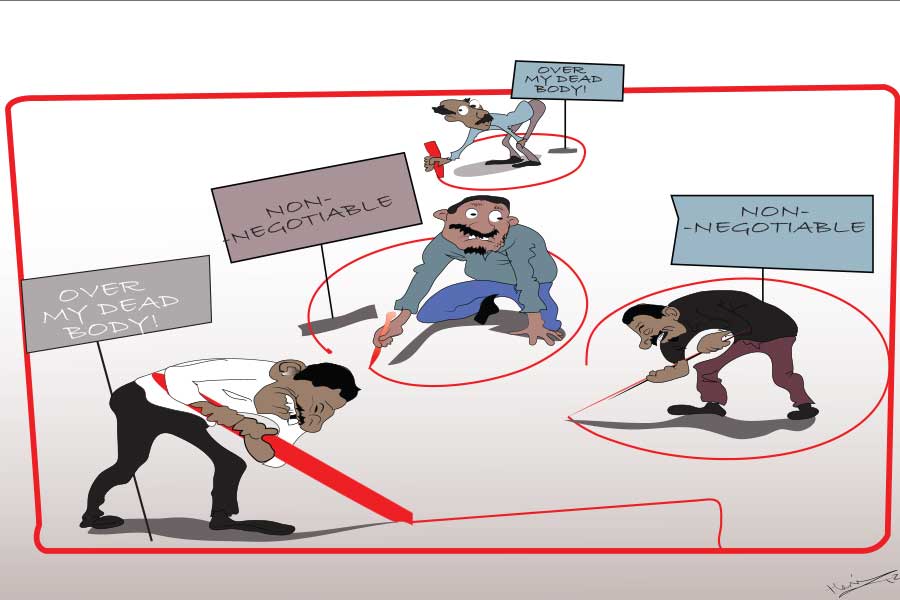
Editorial | Jan 04,2020
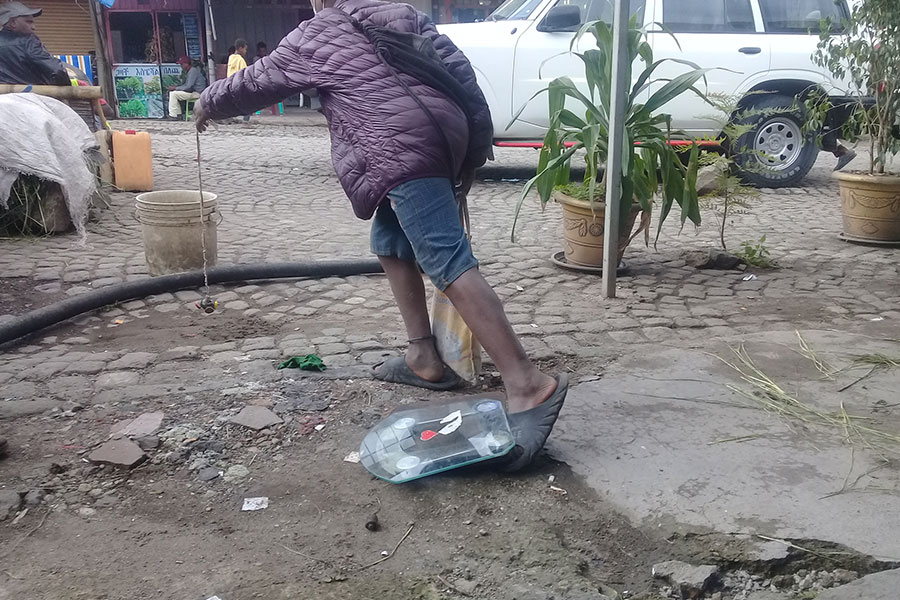
Radar | Aug 06,2022

Radar | Jun 14,2020
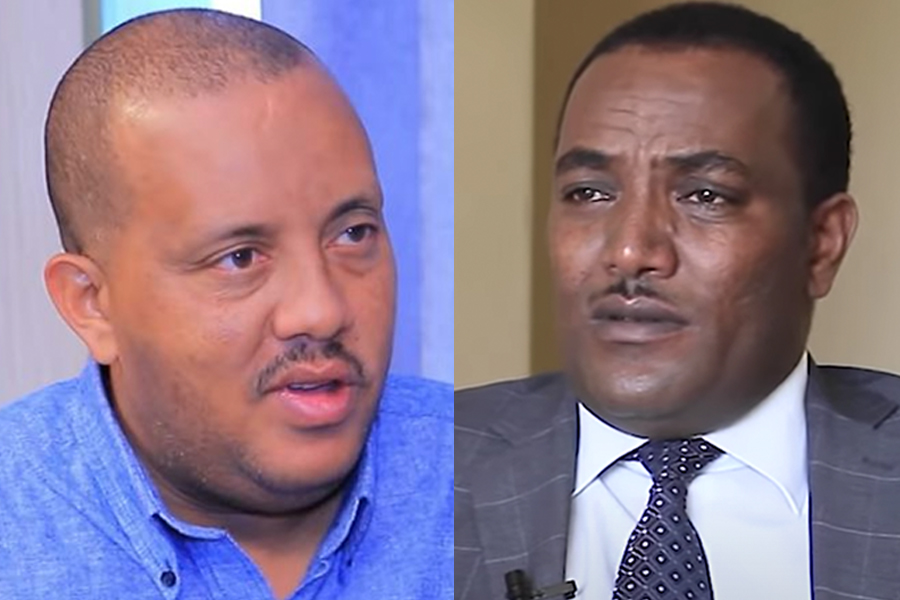
Fortune News | May 05,2020

Life Matters | Apr 03,2021

Sunday with Eden | Apr 03,2021
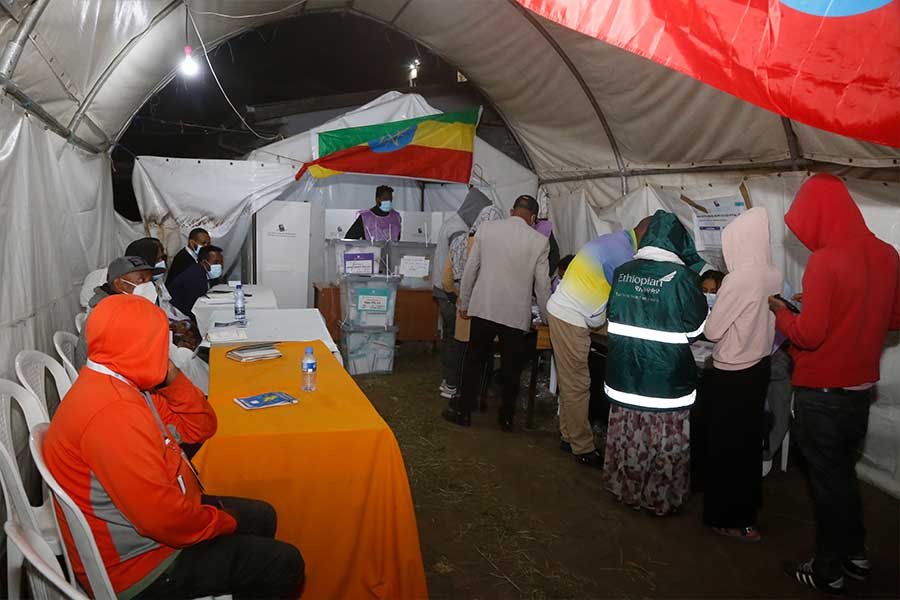
Agenda | Jun 26,2021

Photo Gallery | 177986 Views | May 06,2019

Photo Gallery | 168196 Views | Apr 26,2019

Photo Gallery | 158938 Views | Oct 06,2021

My Opinion | 137038 Views | Aug 14,2021

Dec 22 , 2024 . By TIZITA SHEWAFERAW
Charged with transforming colossal state-owned enterprises into modern and competitiv...

Aug 18 , 2024 . By AKSAH ITALO
Although predictable Yonas Zerihun's job in the ride-hailing service is not immune to...

Jul 28 , 2024 . By TIZITA SHEWAFERAW
Unhabitual, perhaps too many, Samuel Gebreyohannes, 38, used to occasionally enjoy a couple of beers at breakfast. However, he recently swit...

Jul 13 , 2024 . By AKSAH ITALO
Investors who rely on tractors, trucks, and field vehicles for commuting, transporting commodities, and f...

Oct 25 , 2025 . By YITBAREK GETACHEW
Officials of the Addis Abeba's Education Bureau have embarked on an ambitious experim...

Oct 26 , 2025 . By YITBAREK GETACHEW
The federal government is making a landmark shift in its investment incentive regime...

Oct 27 , 2025
The National Bank of Ethiopia (NBE) is preparing to issue a directive that will funda...

Oct 26 , 2025 . By SURAFEL MULUGETA
A community of booksellers shadowing the Ethiopian National Theatre has been jolted b...